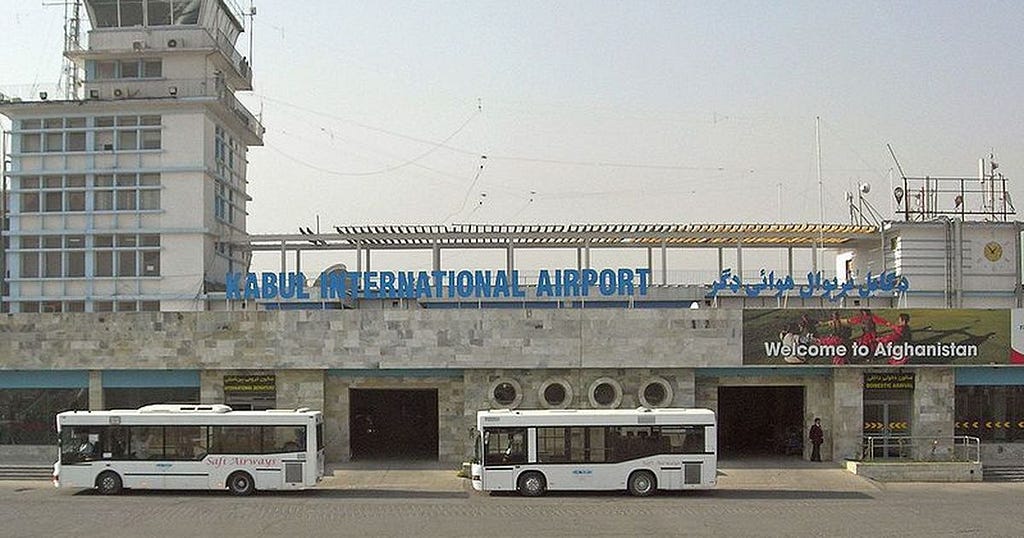Latest news about Bitcoin and all cryptocurrencies. Your daily crypto news habit.
The Key to Bitcoin Adoption in Third World Countries
When you land in Kabul, Afghanistan, go through customs, find your luggage bag that has been half destroyed, and hours later finally make your way out of the terminal and into the dusty waiting area reserved for the public the first thing you will notice are the cargo vest wearing men shouting :
“Dollar! Euro! Pound! Afghani! Kaldaar! Tomaan! Rupya!” and on and on.
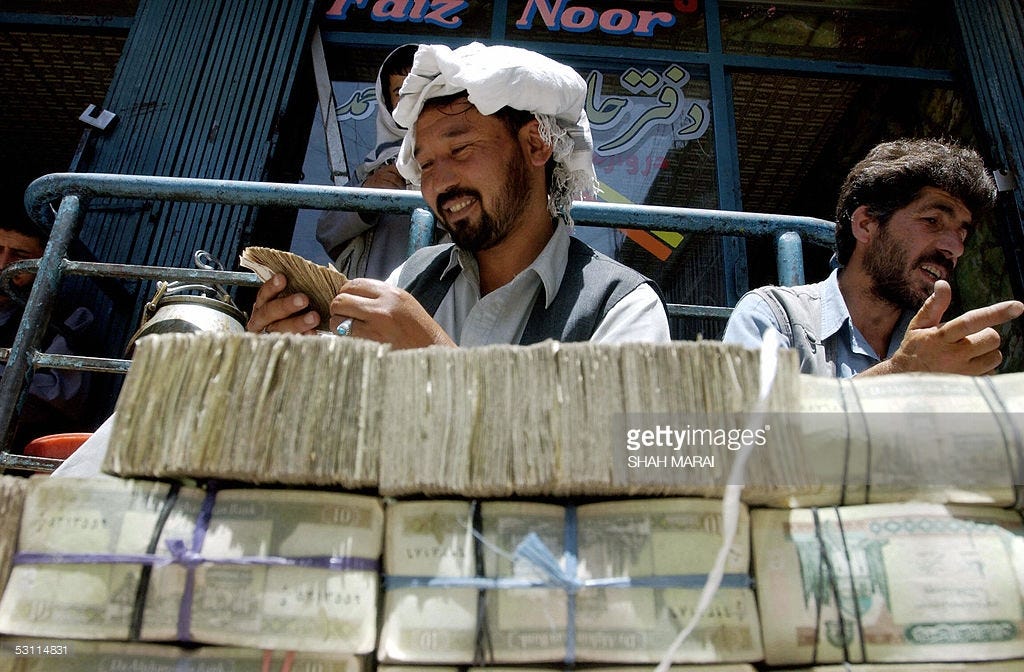 If your currency is better than the Afghani note, these men will happily exchange it.
If your currency is better than the Afghani note, these men will happily exchange it.
Like in many other undeveloped countries with weak national currencies, money exchangers play a major role. Since 2001, with the influx of foreign governments, visitors, workers, businesses, remittences, there has always been a need to convert between the numerous currencies being dumped into the country.
Sarafis, as money exchangers are called in the local language, also occasionally play the role of money transferrers, usually for remittances or even settling business accounts. The concept of these ‘hawala’ money transfers go back thousands of years and the trusted method of how they operate has practically stayed the same. For a fee of usually 1% you can send money to your family even bypassing sanctions such as in Iran. For some people this traditional affordable, censorship resistant method is the only one available to them.
https://twitter.com/janeygak/status/709515768250011648Forex Currency Bazaar in Kabul, Afghanistan. Banks and Western Union can’t compete with these men.
When you are approached by the airport sarafis, as a veteran traveler you know to ignore them because they usually charge “unfair” exchange fees, according to locals: usually $1–2 dollars per $100 being exchanged or 2% for a single transaction, depending on if you are a khareji, or foreigner. A high price, by local standards (by comparison, you can buy four skewers of lamb kabob for $3.00).
If you are smart you know to travel only a few neighborhoods away from the airport where you will find many “fair” sarafis, usually on every corner but almost always concentrated near banks. Once you decide on a sarafi, you communicate to them how much you plan to exchange for what currency. The next thing they do is stick their hand in their cargo vest or peran tumbaan pocket and whip out their smart phones. They check the exact exchange rate, according to the internet, at that moment.
(FYI to locals, if you pay any more than 10 Afghani notes ($0.20 USD) to exchange $100, you were ripped off)
Afghans, like many people in other underdeveloped countries, don’t typically save their hard earned money in the local currency. It works fine for spending but for saving, they almost always exchange the Afghani note to the US dollar. Actually, in certain parts of the country shopkeepers will refuse to accept the national currency altogether! I had this problem in eastern Afghanistan where they prefer the Pakistani Kaldaar, considered a stronger currency and used for trade and business with Pakistan.
As an aside, I’ve met many families where most of the savings and finances are managed by the family matriarch who also prefer to convert funds to the age old trusted store of value, gold. FYI good luck using your Afghani notes to buy gold. Gold sellers prefer dollars.
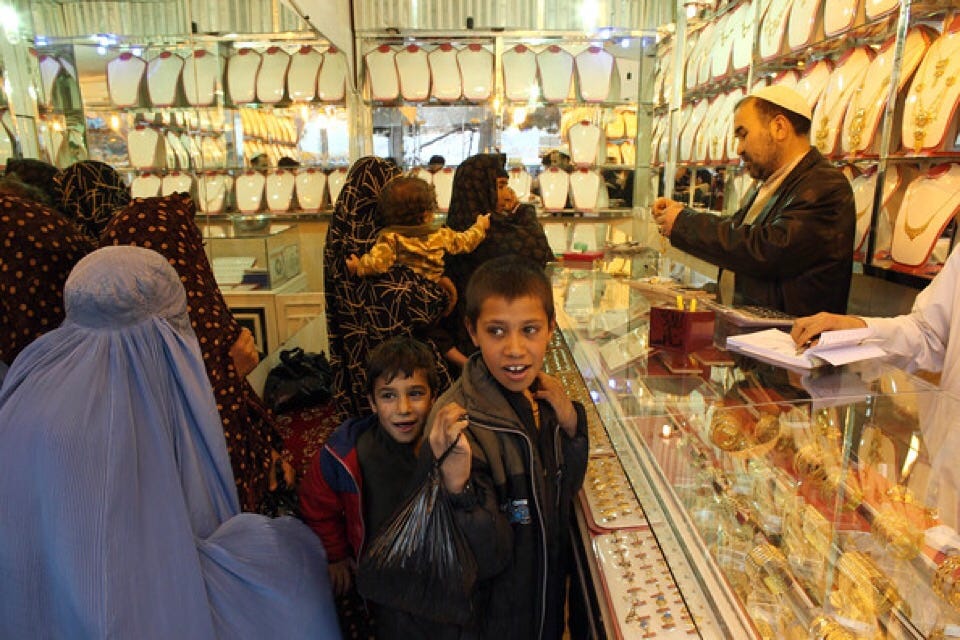 Enter a gold shop and all you see. Every. Single. Time.
Enter a gold shop and all you see. Every. Single. Time.
So why is it despite the numerous other currencies traded in the market in so many underdeveloped countries that Bitcoin is still so unheard of?
To answer this question, first we need to examine the underdeveloped countries where Bitcoin has gained a following. Venezuela, Zimbabwe, and Iran are the first to come to mind. What do these countries have in common? The answer boils down to mostly necessity, but partly to availability. In the case of Venezuela, having cheap electricity made it possible for Venezuelans to mine and therefore introduce Bitcoin into the currency market where there was already a large demand for foreign currencies. Zimbabweans, with their high-risk national currency the zollar, see Bitcoin even with its price volatility as a relatively stable currency that also pays to save in over time. This demand has allowed a number of Zimbabwean entrepreneurs to launch successful exchanges around Bitcoin. Iranians, cut off from the financial world due to sanctions, see Bitcoin as a way to circumvent them. Iran also has a highly educated and technologically savvy population with many enthusiastic engineers. It’s also quite easy to purchase Bitcoin from your local sarafi in Tehran, I’ve heard.
While in the West early adopters of bitcoin have largely been attracted to it ideologically, the adoption in third world countries is much more opportunistic. They need Bitcoin. So why have so few underdeveloped countries seen any meaningful adoption?
A few months ago I started a Facebook page for Bitcoin in Afghanistan out of curiosity. I only posted a few videos and articles before I stopped using it and focused on other projects. I had 0 followers anyway.
I last logged in yesterday to see 40 followers, all who I’m guessing were searching for how to buy bitcoin. The number one messages I had received were “Which sarafis sell bitcoin???”
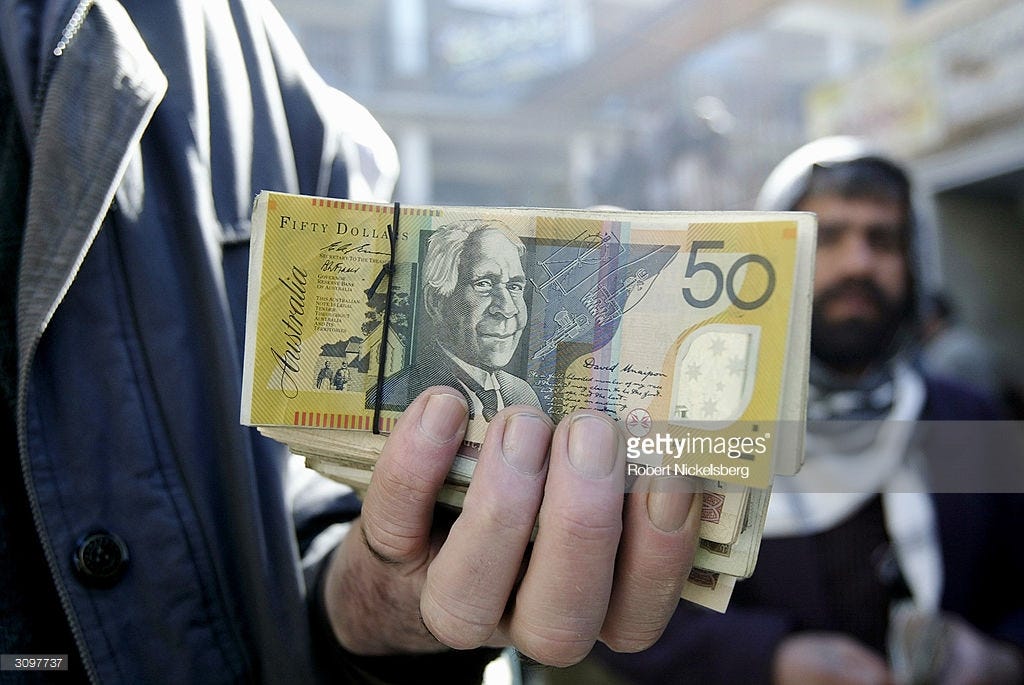 You can literally buy almost any currency in the money bazaar.
You can literally buy almost any currency in the money bazaar.
In underdeveloped countries, such as Afghanistan, where the locals dont have faith in their national currency, the currency market is already flooded with other, more relatively stable currencies than their own. There is no reason that Bitcoin cannot catch on either. What is missing is the ability for the people in these countries to buy bitcoin in a simple manner.
The Afghans who had messaged my Facebook group seemed to have one thing in common. They came off as very educated or entrepreneurial and perhaps had heard of Bitcoin or read a bit about it in English or Iranian sources. I have yet to see any Afghan media sources mention Bitcoin. These people were kind of exceptional. After all, the country has less than 40% literacy.
Despite that, people who cannot even read or write in their native language, let alone English, still use smartphones. They may not know the Persian alphabet but they know how to browse Facebook, like their friend’s photos, and post their own. They can use Facebook to access the news in the form of videos. No literacy required.
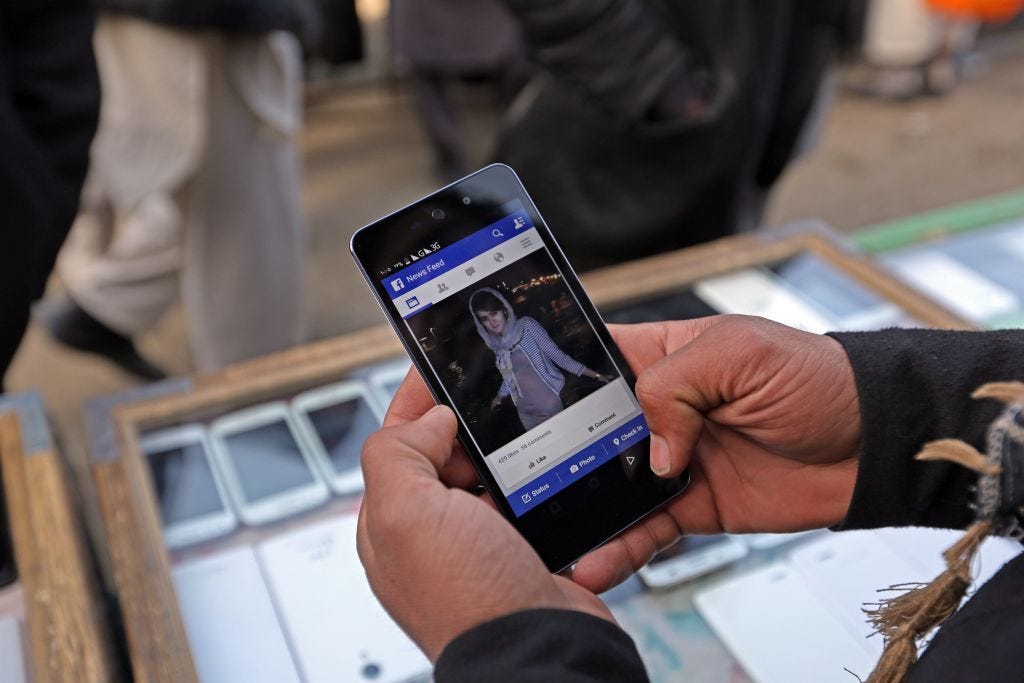 He may not know how to spell his own name but he knows how to find you on Facebook, jaanam.
He may not know how to spell his own name but he knows how to find you on Facebook, jaanam.
Facebook has made their platform very user friendly and as a result literally anyone can intuitively start using it. Its adoption in these countries is quite phenomenal. In Afghanistan, if you have a smartphone with mobile internet, chances are you also have an active Facebook account. Official statistics show that of the 16% of internet users in the country, 9% have Facebook accounts. The numbers grow every year.
body[data-twttr-rendered="true"] {background-color: transparent;}.twitter-tweet {margin: auto !important;}
gt;Climb to top of mountain >Interview Hazarah woman fleeing genocide from remote village >Take her photo >She has last request before I climb back down Her: "...Don't post the photo on Facebook." Me: 😐
function notifyResize(height) {height = height ? height : document.documentElement.offsetHeight; var resized = false; if (window.donkey && donkey.resize) {donkey.resize(height); resized = true;}if (parent && parent._resizeIframe) {var obj = {iframe: window.frameElement, height: height}; parent._resizeIframe(obj); resized = true;}if (window.location && window.location.hash === "#amp=1" && window.parent && window.parent.postMessage) {window.parent.postMessage({sentinel: "amp", type: "embed-size", height: height}, "*");}if (window.webkit && window.webkit.messageHandlers && window.webkit.messageHandlers.resize) {window.webkit.messageHandlers.resize.postMessage(height); resized = true;}return resized;}twttr.events.bind('rendered', function (event) {notifyResize();}); twttr.events.bind('resize', function (event) {notifyResize();});if (parent && parent._resizeIframe) {var maxWidth = parseInt(window.frameElement.getAttribute("width")); if ( 500 < maxWidth) {window.frameElement.setAttribute("width", "500");}}
Many people new to Bitcoin think they already missed the boat for being successful in this space but that is far from true. There are small, eager populations hoping to purchase their first bitcoin or satoshis but simply don’t know enough about wallets, keys and so forth to go about doing it. For the ones who don’t know about Bitcoin and wouldn’t understand it even if you explained how it works to them, like Facebook, once they see the value in its use they too will start using it. Like the sarafi who may or may not be literate, the easy to use global forex app he uses to check prices is invaluable for his business.
It’s only a matter of the right tools existing that can make Bitcoin more accessible to not just non-technical populations, but even non-literate ones. Ten years ago the only way to send and receive Bitcoin was to be highly technical and know how to manually program transactions. Today, there are many user-friendly wallet applications and hardware devices that obscure the technical nitty gritty so even non-technical Bitcoin enthusiasts can use them.
For those willing to become pioneers in an unexplored territory, a world of opportunities await the entrepreneurs and creators interested in building real value in this emerging space.
The Key to Bitcoin Adoption in Developing Countries was originally published in Hacker Noon on Medium, where people are continuing the conversation by highlighting and responding to this story.
Disclaimer
The views and opinions expressed in this article are solely those of the authors and do not reflect the views of Bitcoin Insider. Every investment and trading move involves risk - this is especially true for cryptocurrencies given their volatility. We strongly advise our readers to conduct their own research when making a decision.
